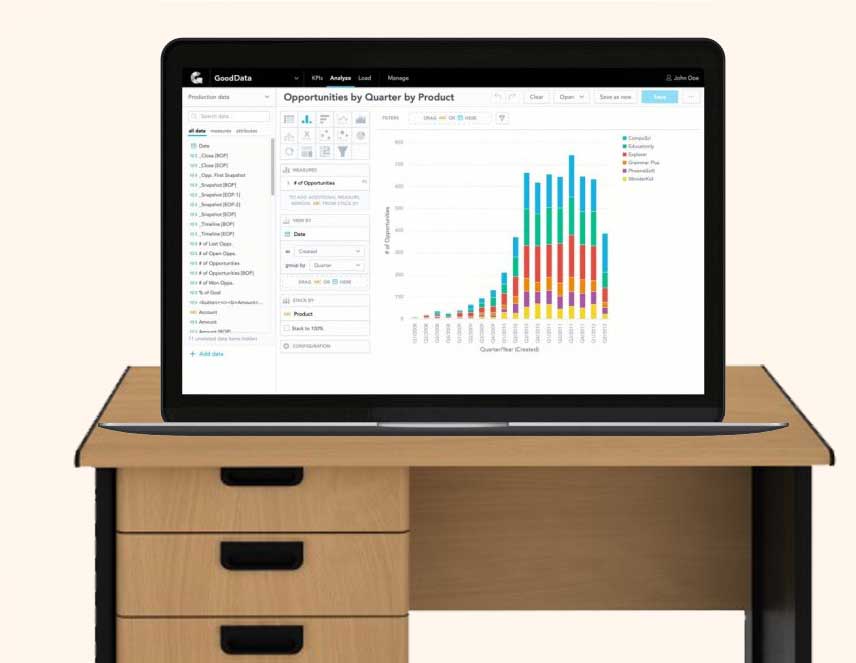BI Tools for Event Planning: Attendee Engagement

Business Intelligence (BI) tools are invaluable for increasing attendee engagement in event planning.
Several ways BI tools are utilized
Here are some ways BI tools can be leveraged for this purpose:
Data Analysis: BI tools can analyze data from previous events, such as attendee feedback, social media mentions, and surveys, to identify patterns and trends. This information can be used to adjust future event content, format and activities to better align with attendee preferences.
Personalization: BI tools can segment participants based on their interests, demographics, and behavior. Event planners can use this data to create personalized experiences, such as tailored agendas or targeted promotional materials, which can significantly increase attendee engagement.
Real-Time Feedback: Some BI tools offer real-time analysis capabilities. During the event, organizers can monitor attendee engagement metrics, such as session attendance, social media activity, or app usage, and make adjustments on the fly to improve the event experience.
Predictive Analytics: BI tools can use historical data to make predictions about attendee behavior. For example, they can predict which sessions or topics are likely to be most popular based on past trends, helping organizers allocate resources more effectively.
Social Media Monitoring: BI tools can track social media conversations related to the event. By monitoring hashtags and mentions, event planners can gauge attendee sentiment and respond quickly to feedback or concerns, improving the overall experience.
Resource Allocation: BI tools can provide insight into which event elements have the most significant impact on attendee engagement. This information can guide resource allocation decisions, ensuring that investments are made in areas that will have the greatest positive impact.
Post-Event Analysis: After an event, BI tools can help evaluate its success by measuring key performance indicators (KPIs) such as attendee satisfaction, return on investment (ROI), and attendee retention rates. This information can inform future event planning efforts.
A/B Testing: BI tools can facilitate A/B testing of various event elements, such as agenda format, session length, or networking opportunities. These experiments can help identify which approaches result in higher participant engagement.
Feedback Loops: BI tools allow event organizers to create feedback loops with attendees. By gathering feedback through surveys or interactive apps and immediately analyzing the data, organizers can make continuous improvements for future events.
Segmented Marketing: BI tools can help in creating targeted marketing campaigns. By understanding attendee preferences and behavior, event planners can send personalized invitations and promotions that suit specific audience segments.
Selecting a BI Tool
Incorporating BI tools into event planning for attendee engagement not only enhances the event experience but also enables organizers to make data-driven decisions, optimize resource allocation, and increase event ROI. It’s important to choose the right BI tools and develop a data strategy that aligns with the event’s goals and objectives.